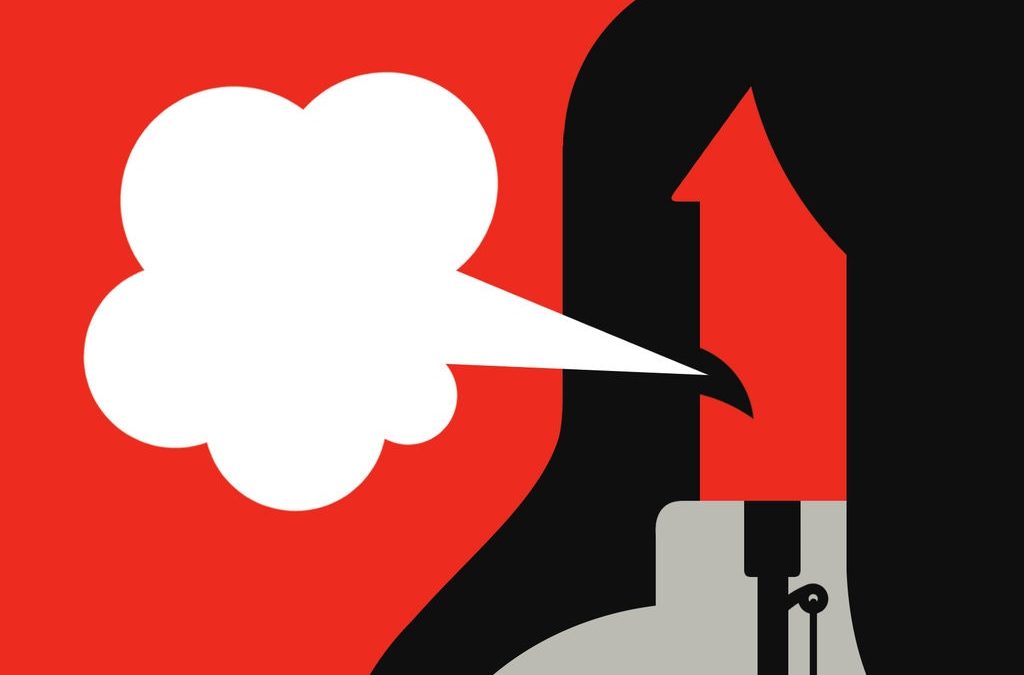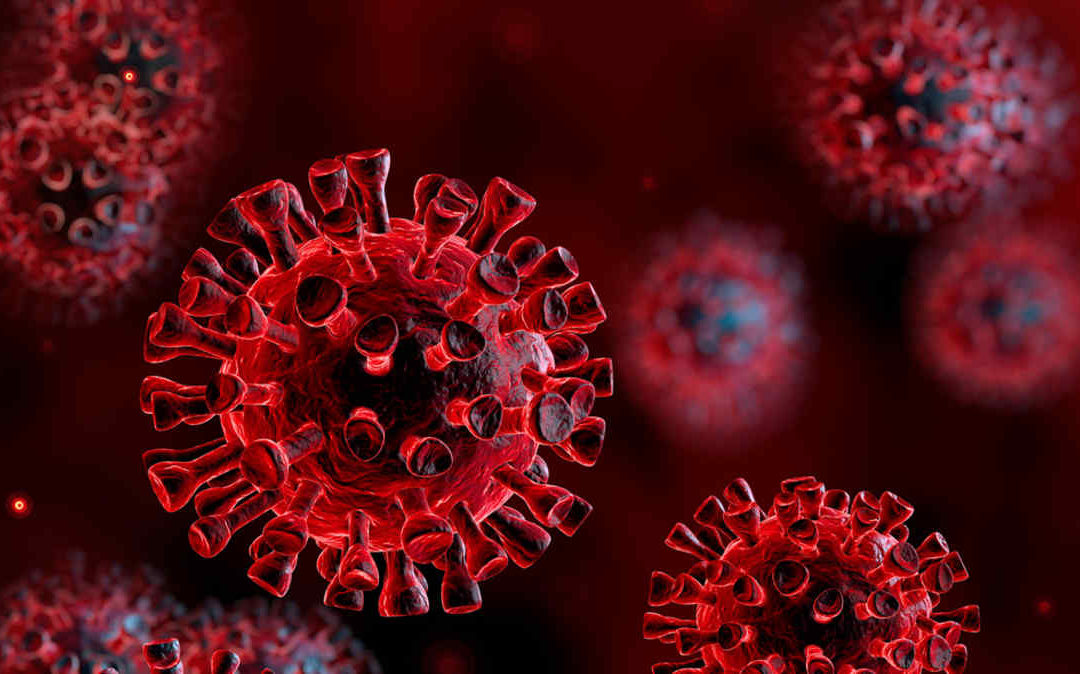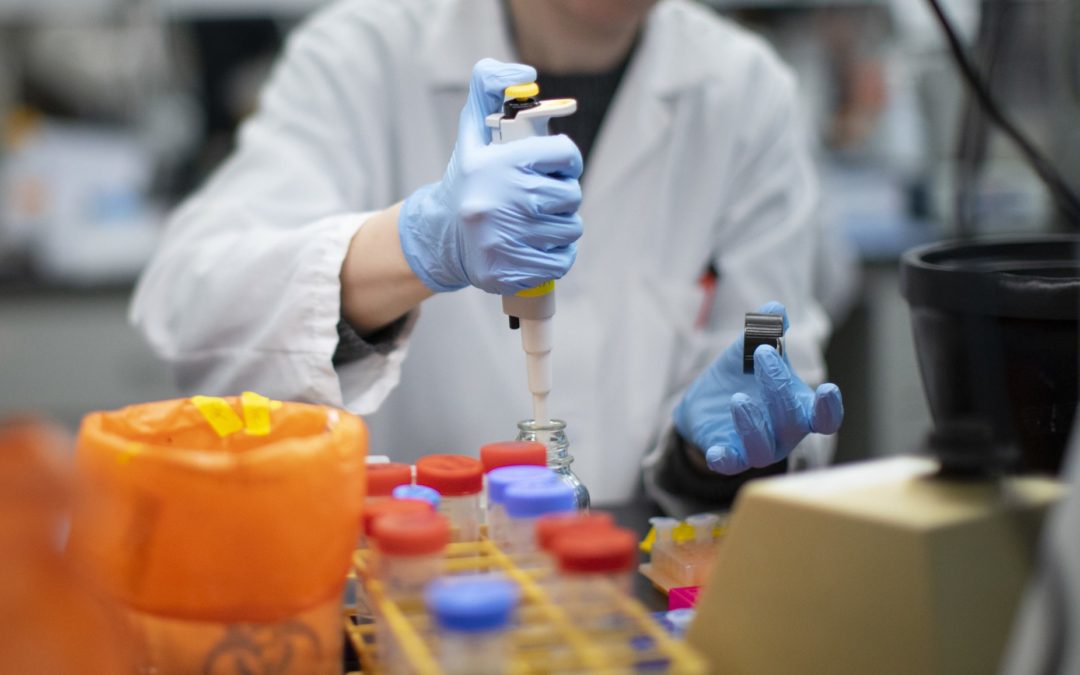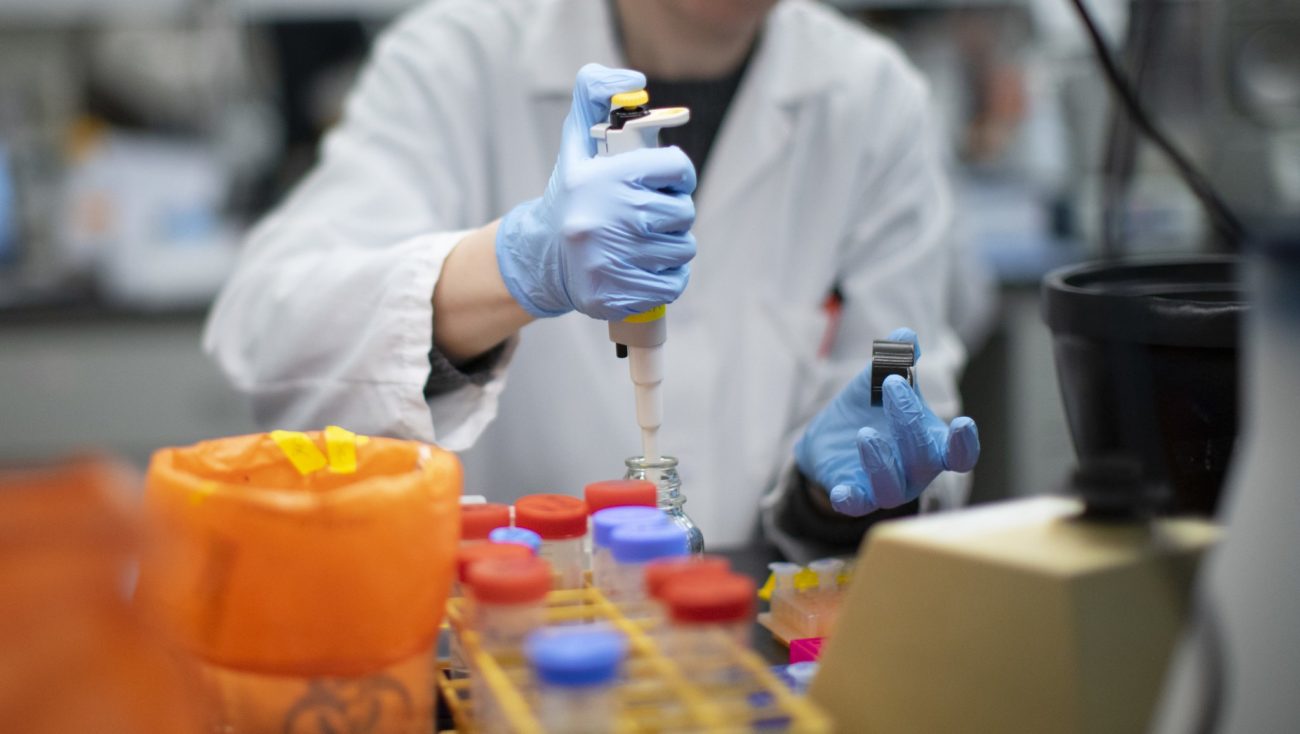



Via The New York Times, By
Even though it may come naturally, griping isn’t necessarily always a good thing. Ruminating on negative feelings, and reinforcing them through constant discussion with other people, can lead to catastrophizing, which “is something that can contribute to depression,” said Margot Bastin, who studies communication between friends at the department of School Psychology and Development in Context at the Belgian university KU Leuven.
This can happen because “the more you do something, the more entrenched that path becomes in your brain and the more you continue to do it,” said Angela Grice, a speech language pathologist specializing in the use of mindfulness-based practices and who previously researched executive functions and neuroscience at Howard University and the Neurocognition of Language Lab at Columbia University.
Constantly complaining can be an easy way to frustrate our confidantes, but there is research that shows it can also be a useful tool in bonding and helping us process emotions like stress and frustration.
“In short: Yes, it’s good to complain, yes, it’s bad to complain, and yes, there’s a right way to do it,” Dr. Kowalski said.
The trick to doing it right starts with understanding how the word “complaining” is often misused to describe a variety of behaviors, with some being more harmful or helpful than others. Teasing apart these distinctions requires vocabulary that varies between experts, but there are roughly three categories: venting, problem solving and ruminating, otherwise known as dwelling. Knowing which behavior you’re engaging in, and with what purpose, can help you put in place habits that will not only make your complaining much more strategic, but also help improve your emotional health and build stronger relationships with the people around you.
“We’re not very good at expressing our feelings as a society, so it’s pretty common to complain in order to express a feeling,” said Tina Gilbertson, a psychotherapist and the author of “Constructive Wallowing.” And since, as she said, “any time we are sharing emotional content with someone, that is a vehicle for bonding,” we’re especially fond of using complaining as a social tool.
“People do feel closer to one another, so the friendship really gets stronger by doing it,” Dr. Bastin said. Still, she warned, making complaining the primary focus in our relationships can make us dwell on our problems for longer, triggering a stress response. Bonds built over mutual dissatisfaction can also prove brittle once one person’s problem has been resolved.
But the most obvious reason we complain? Life isn’t perfect. That’s why expressing negative feelings is not only normal, but also healthy, Dr. Kowalski said, adding that the unrealistic expectation that we should always be happy can make us feel worse. Inhibiting the disclosure of our dissatisfaction “can produce a negative effect,” she said, because it not only stops us from naming our problem but also prevents us from getting to the root of it.
That’s why “complaining is, ideally, totally solutions focused,” Ms. Gilbertson said. Though venting is not as focused on solving problems, “there are also really positive benefits,” Dr. Grice said, because it allows us “to get things out in the open and get our feelings heard so they don’t build up and cause stress.”
Can you avoid complaining and venting altogether? “In theory, yes,” Ms. Gilbertson said, “but it’s important to be able to vent at least to yourself on the inside. To be able to say: This sucks I’m unhappy with what’s going on.”
Negatively obsessing over something isn’t healthy, but Dr. Kowalski said that “expressive complaining” — blowing off steam — and “instrumental complaining” — which is done with an actionable goal — can both be beneficial. Venting can help us gain perspective and put words to our feelings, Dr. Grice said. When done effectively, it can even help you clearly realize what, specifically, about a situation is bothering you.
Research on experiential avoidance backs this up, since trying not to feel bad is associated with negative physiological effects. The simple act of naming your feelings can help reduce your distress around them.
“Acknowledging feelings is healthy, it’s good for you physiologically and it’s good for your emotional health,” Ms. Gilbertson said.
On top of social bonding, feedback from others can help us gain perspective — like figuring out if a boss’s comments were truly out of line — or notice patterns in the things that bother us, which might point to a larger unidentified problem.
Co-reflection and “not just passively waiting and dwelling, but really trying to grasp the problem better” is important because it helps you do something to improve your situation, Dr. Bastin said.
How much complaining is good for you? How long is a piece of string? You want to avoid what Dr. Grice calls wearing “muddy glasses,” where no matter what’s going on you always find something to complain about. The same goes with rehashing a problem over and over again, whether with friends or in the echo chamber of the internet.
Ultimately, Dr. Bastin said, “emotional disclosure is important,” but “the way in which you disclose” is what determines whether the interaction has a positive or negative impact, not just on the complainer but also the person who is listening.
“Complaining is honestly just part of the social fabric of our lives, it’s part of how we communicate,” Dr. Kowalski said. As in every type of communication, there’s an appropriate place and time.
Start by paying attention to how often you complain, and who you’re doing it with. “You can’t modify behavior until you become aware of it,” Dr. Kowalski said.
While trying to go cold turkey is probably an overambitious goal, “mindfulness has been shown to be very effective in decreasing rumination,” Dr. Bastin said. Even just the act of paying attention to our habits can start shifting them. If you take a breath before calling a friend to vent, or reflect quickly on if you really need to act on your impulse to complain, you’ll be more mindful of your behavior and be able to make choices accordingly.
“It’s crucial, if you’re venting, to know that you’re venting and to tell the person you’re venting,” Ms. Gilbertson said. Whether you just want to blow off steam or actually need help solving a problem, clarifying what you want from the interaction will make the receiver of your venting more comfortable, and it will better prepare them to give you the support you need.
Building the habit of consciously thinking about the purpose of your conversation, rather than going into negative autopilot, is a simple way to take off those muddy glasses. It also keeps your complaint sessions short and sweet, which is important for building relationships that aren’t solely focused on negative emotions, Dr. Bastin said.
You’ll also start to notice just how often other people complain, creating an opportunity to contribute positively to those conversations and ask questions to help generate solutions, she added.
Journaling can be another great way to facilitate these discoveries, Dr. Grice said. “Sometimes we have feelings and we’re not quite sure where they came from,” she said, and “allowing yourself some space and time to sit and organize your own thoughts” can help us self-regulate our emotions and figure out how to express and work through them. For smaller complaints, journaling can help you flush feelings out of your system, and for larger ones it allows you to document and find trends in what you’d like to change.
Journaling also gives you another outlet to let off steam and helps you approach conversations more strategically. Asking yourself questions through journaling offers added perspective, especially if the people you usually complain to are reinforcing your negative viewpoints rather than helping you find solutions. Building these habits of mindfulness and reflection will help in keeping your complaining balanced and on the right track.
And if you’re finding it hard to perfect the art of strategic complaining right away? Don’t leap to judge yourself; it’s not constructive.
“If you get any of this wrong,” Ms. Gilbertson said, “there’s always the apology.”



Nearly two weeks after the new coronavirus was first found to be spreading among Americans, the United States remains dangerously limited in its capacity to test people for the illness, an ongoing investigation from The Atlantic has found.
After surveying local data from across the country, we can only verify that 4,384 people have been tested for the coronavirus nationwide, as of Monday at 4 p.m. eastern time. These data are as comprehensive a compilation of official statistics as currently possible.
The lack of testing means that it is almost impossible to know how many Americans are infected with the coronavirus and suffering from COVID-19, the disease it causes. While our analysis has tracked state and local announcements that more than 570 people in 36 states are infected, experts say that number is almost certainly too small to reflect the full extent of the disease’s spread in the U.S. Not enough Americans have been tested for officials to know how many people are ill, they say.
Read: The strongest evidence yet that America is botching coronavirus testing
When researchers have used statistical and genetic techniques to estimate the true size of the outbreak, they have concluded that thousands of Americans may have already been infected by the beginning of the month. Health officials have attributed 26 deaths to COVID-19 in the United States, as of today.
When the CDC has provided data, it has been slow and incomplete.
On Saturday, Stephen Hahn, the commissioner of the Food and Drug Administration, told reporters that 5,861 specimens—not people—had been tested for the coronavirus by the end of the week. As a rule of thumb, it takes about two specimens to deliver results for a single patient, which would make this equivalent to about 2,900 people tested through Saturday.
Last week, The Atlantic reported that it could only verify that 1,895 people had been tested for the coronavirus as of Friday morning.
Testing capacity still varies enormously across the country. Many states, including some of the country’s most populous, are not reporting how many tests they have conducted overall. Texas, which now has 24 positive cases, has not posted on its website how many people it has tested overall. A spokesman for the state said it had tested 150 people as of last week, but “with private labs coming online now, I don’t think we’re going to have a definitive number for the entire state going forward.” Nevada has not reported any new data at all on its health-department website since March 3.
Massachusetts, which has 41 presumptive cases, has not released its total number of people tested. Neither has Pennsylvania, which has 10 presumptive cases. Last week, a Pennsylvania official told us that the state could test only a dozen or so people a day, suggesting that it has a high rate of positives.
Read: The problem with telling sick workers to stay home
On Friday, California also stopped reporting how many tests it has conducted, switching to releasing only the number of positive cases. The California Department of Public Health told us that the state had tested 778 people as of Saturday, and that the state has 114 positive cases. It now has 15 labs doing tests across the state.
North Carolina, which has two positive cases, and Indiana, which has two, have also never said how many overall tests they have conducted.
LabCorp and Quest, two companies that run routine medical tests for doctors’ offices, have both announced that they can now test samples for COVID-19. The two companies can test a combined 2,500 patients a day, according to a tally assembled by Scott Gottlieb, the former FDA commissioner, and published by the American Enterprise Institute.
Altogether, the country can test a maximum of 7,840 people a day, according to Gottlieb’s preliminary tally. His count is another example of the kinds of data tabulation that a federal agency might usually take responsibility for.
The testing situation is so bad that Marc Lipsitch, an epidemiology professor at Harvard, says that health officials and journalists should stop reporting the number of positive cases in the United States as “new cases.” Instead, he wrote by email, “they should refer to them as ‘newly discovered cases,’ in order to remove the impression that the number of cases reported has any bearing on the actual number.”
The ponderous rollout of tests—and the stringent criteria that the CDC has imposed on them—has hamstrung doctors and injected anxiety into the lives of ordinary Americans. Are their symptoms pneumonia, the flu, or something worse?
“I have no clue if we could have already or could be now spreading this to others,” a 38-year-old woman who lives near Austin, Texas, who asked not to be identified for privacy reasons, told us.
After returning from Western Europe in late January, the woman and her husband came down with a mysterious illness, which sent them in and out of week-long fevers. She and her husband would wake up coughing in the middle of the night, their ribs aching so badly that they needed to vomit. She has tested negative for the flu, twice, and also tested negative for strep. She has been diagnosed with pneumonia.
Read: The official coronavirus numbers are wrong and everyone knows it
On her trip, she had frequently been in large, international crowds, where she could easily have been exposed to the coronavirus. But despite having all the symptoms, she has not been tested for it. When she called Austin’s public-health department to ask for guidance, she was told that unless she was hospitalized or had traveled to China, she could not be tested for COVID-19.
“The woman who I talked to said, ‘There aren’t any cases here [in Travis County],’” she told us. “And I said, ‘There hasn’t been any testing, so how do you know?’”
“Am I supposed to tell my team [at work]? Am I supposed to tell my kids’ school? Am I supposed to tell everyone I interacted with for the last four weeks?” she asked. “I don’t want to start a crisis, because I don’t know if I actually have this thing.”
Read: You already live in quarantine
Doctors have expressed similar frustration in getting patients tested. “The Georgia Department of Public Health has basically thrown up their hands when it comes to testing patients who do not require hospitalization,” Josh Hargraves, an emergency-room doctor in Georgia, told us. “On Friday we were told, ‘If the patient doesn’t have a travel history and doesn’t need to be admitted to the hospital, don’t bother calling; we’re not going to test.’” By Saturday evening, when Hargraves saw four prospective coronavirus patients, he managed to get one of them tested, but only after filling out onerous and unusual paperwork.
“We’re still restricting usage and asking thoughtful, knowledgeable medical professionals to jump through hoops to get a test they know a patient needs,” Hargraves said.
The outbreak is not at the same stage in every state. If public-health officials can quickly increase testing, it might be possible to have a much more comprehensive view before community transmission worsens.
We know the virus is here and spreading in many places. Restrictive testing policies—especially ones focused on travel outside the United States—clearly don’t make sense anymore. There are sick people in this country whose doctors think they need testing and who still cannot be tested. Every day that this epidemic continues without adequate testing, the country’s ability to slow the outbreak will deteriorate.


A lab in Nutley, N.J., that is developing testing for the coronavirus.Credit…Kena Betancur/Getty Images
Let us pray, now, for science. Pray for empiricism and for epidemiology and for vaccines. Pray for peer review and controlled double-blinds. For flu shots, herd immunity and washing your hands. Pray for reason, rigor and expertise. Pray for the precautionary principle. Pray for the N.I.H. and the C.D.C. Pray for the W.H.O.
And pray not just for science, but for scientists, too, as well as their colleagues in the application of science — the tireless health care workers, the whistle-blowing first responders, the rumpled, righteous public servants whose long-ignored warnings we will learn about only when the 12-part coronavirus docu-disaster series drops on Netflix. Wish them all well in the fights ahead. Their weapons, the weapons of science, are all we have left — perhaps the only true weapons our kind has ever marshaled against encroaching oblivion.
It may sound paradoxical to plead for divine sanction of scientific pursuit. But these are dicey times for science and for scientists, and they need all the help they can get. As the coronavirus spreads, it is exposing the fraying seams of our overextended world. In societies as different as China and the United States, those seams are starting to look similar. The failures to contain the outbreak and to understand the scale and scope of its threat stem from an underinvestment in and an under-appreciation of basic science.
Sure, this is not exactly breaking news; decades of global environmental heedlessness paint a grim picture of modernity’s responsiveness to scientific foreboding.
But this novel coronavirus illustrates the problem more acutely. If it doesn’t kill us it should at least shake us out of the delusion that we can keep ignoring the science and scientists who are warning about the long-term dangers to our way of life. Religious texts say that societies face destruction when they forget God. The coronavirus, like the accelerating climate-related disaster, shows what we face when we decide to blind ourselves to science.
This is what happens when you ignore and silence front-line doctors who warn of impending disaster, as authorities in China did in the early days of the outbreak: a possible global epidemiological and economic catastrophe.
This is what happens when you gut the United States’ pandemic-response infrastructure, as Donald Trump has spent the last few years doing: a Centers for Disease Control and Prevention that botches the most basic defense against disease — testing for it.
I wish these were one-off errors that we could attribute to authoritarian Chinese Communism or routine Trumpian incompetence. But they point to an underlying global dysfunction, one that transcends political parties and styles of government.
Science has always faced threats. Its purpose is to shed light on truth, and there have always been those who would stifle the dangerous facts scientists unearth. But today the stakes are higher. How we’ll fight the gravest threats humanity faces will depend on how governments and citizens understand and interpret the findings and cautions of science.
And what we’ve seen so far in the global response to the virus should frighten you. Our inattention to science is sometimes laid to Americans’ supposed “scientific illiteracy,” but the truth is more complicated. If it’s true that a lot of Americans don’t know a lot about science, it’s because across American society, science is actively undermined, underfunded, ignored and suppressed.
On social networks and in too many corners of the mainstream media, scientific expertise cloaked by a fog of propaganda, misinformation and scam ads for essential oils and that one mystery food every gut doctor in America is begging you to throw out. From the food industry to the drug industry to the oil and gas industry, corporate America routinely hides science under a haze of well-funded oppo. The gun industry did one better: Under legislation pushed for by the National Rifle Association, the federal government until recently was hamstrung in even funding scientific research into gun violence.
Our collective inability to communicate about science has thoroughly perverted our politics. Because science has become so deeply intertwined with partisan dogma, people’s very conception of scientific expertise has been hijacked by tribal reflex. Today, a lot of people seem to determine how much they trust scientists based on their political ideas, which is backward and bizarre.
What we’re left with is a society embarrassingly ignorant about the world around us. The vice president thinks smoking doesn’t kill, condoms are “very poor” protection against disease, and the best way to curb an H.I.V. outbreak is through prayer. The president says global warming is a hoax and attempts at conservation are making American life too inconvenient.
It’s not just politicians. The number of Americans who say vaccines are important is declining — and anti-vax conspiracies cross partisan divides, finding fans among Northern California hippies and some corners of the G.O.P.
Hence my call for divine intervention. Science and scientists face crushing opposition. In addition to silent-spreading disease and a burning planet, they must take on the moneyed, the godly, the dictatorial and Mike Pence.
If we won’t support them and won’t listen to them, the least we can do is pray.